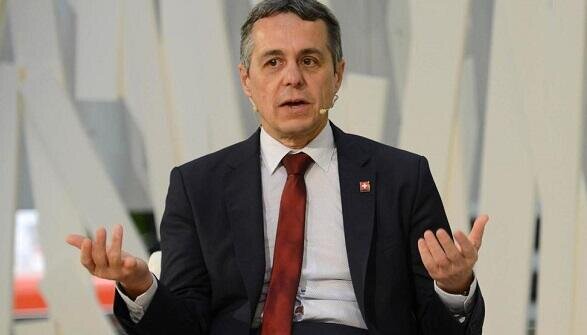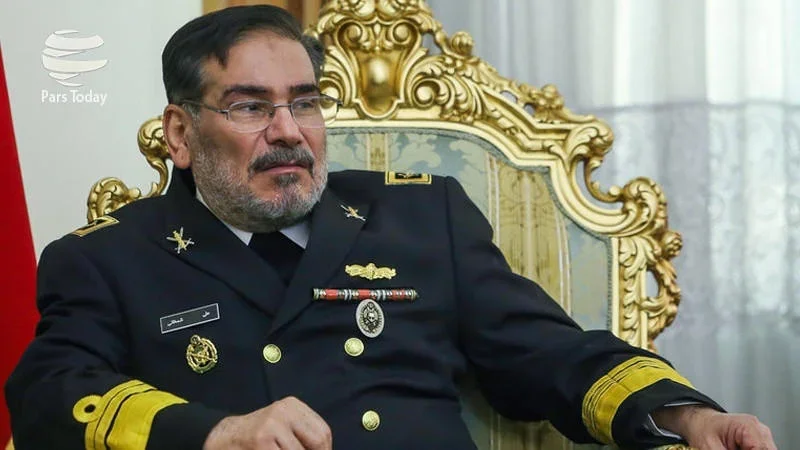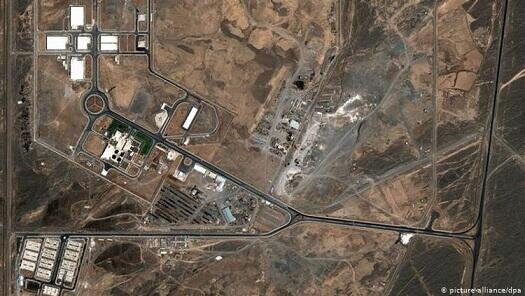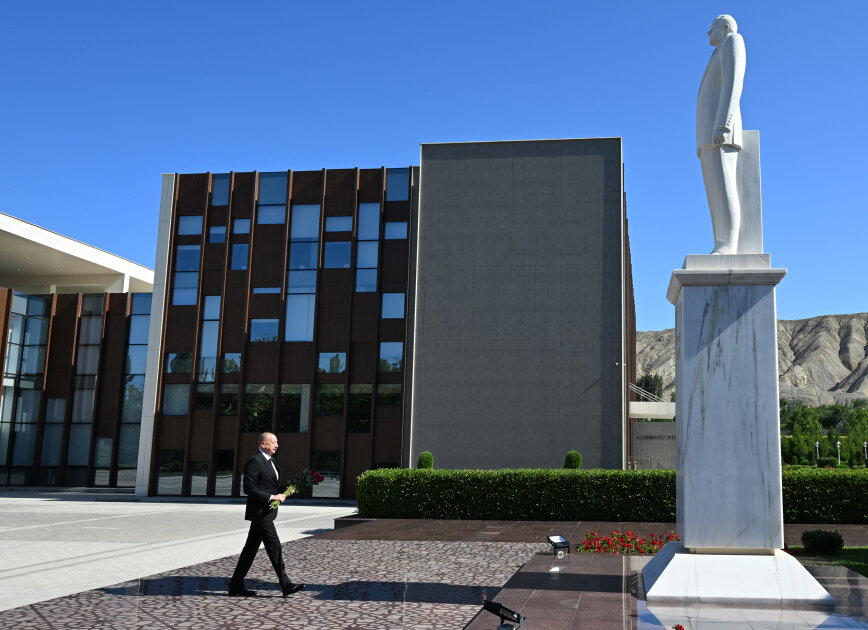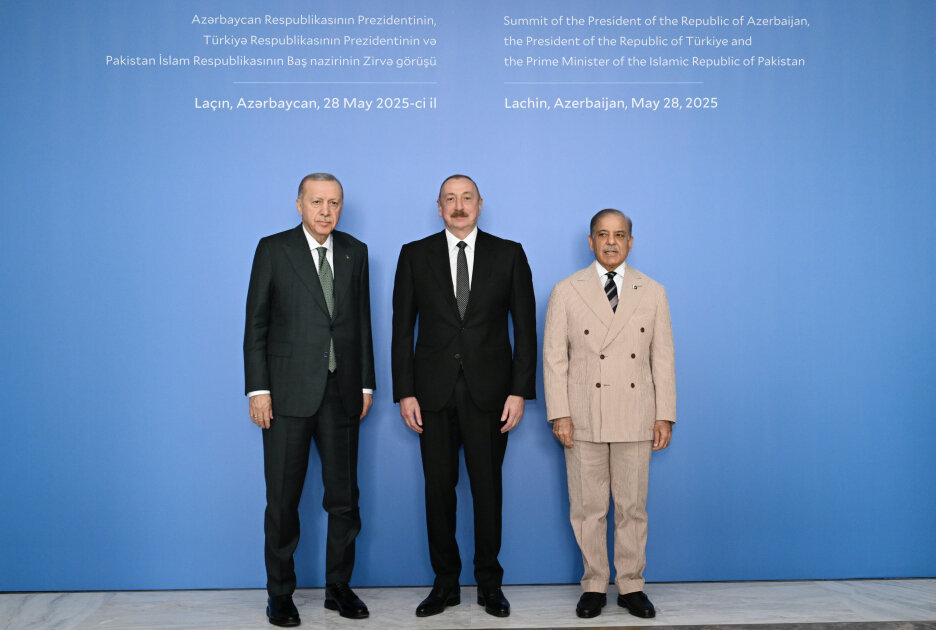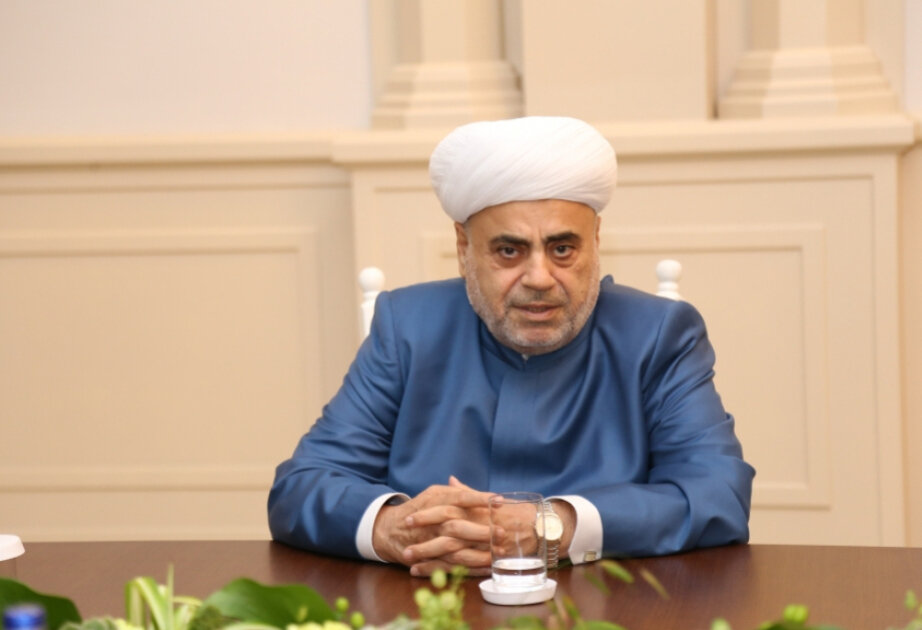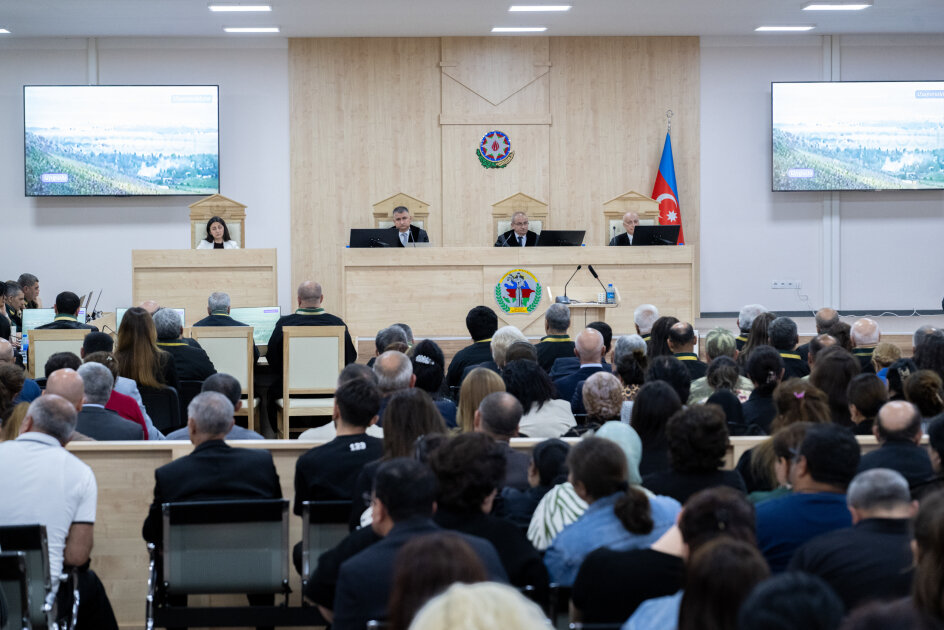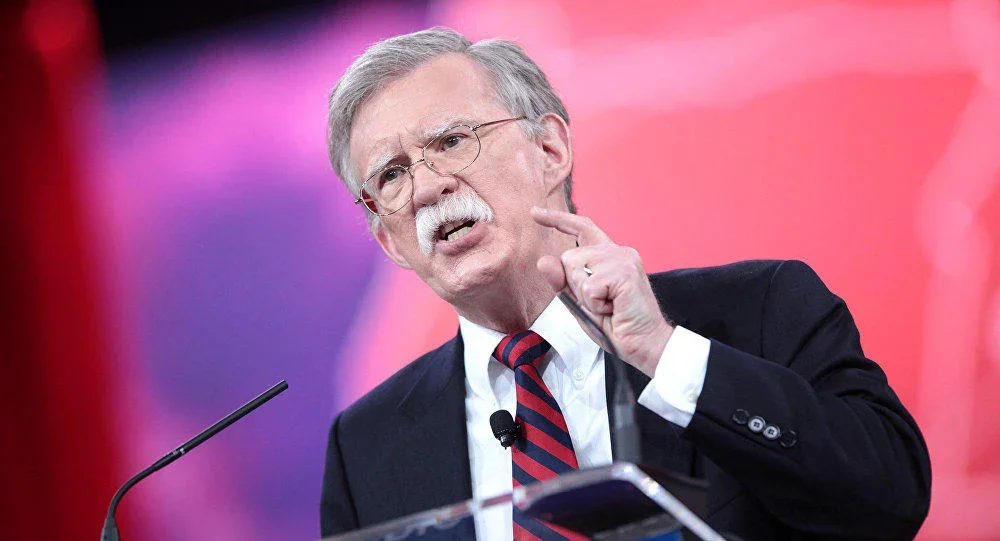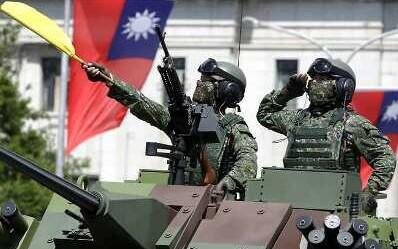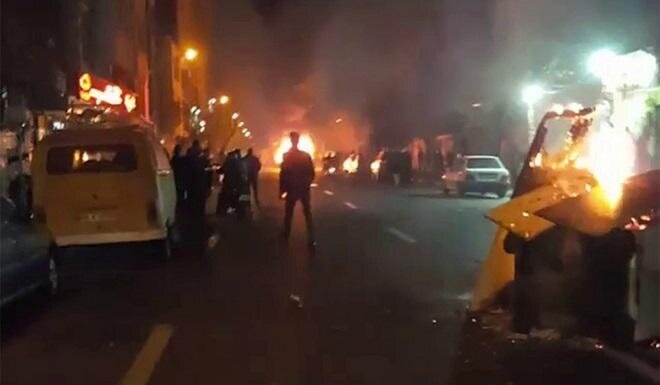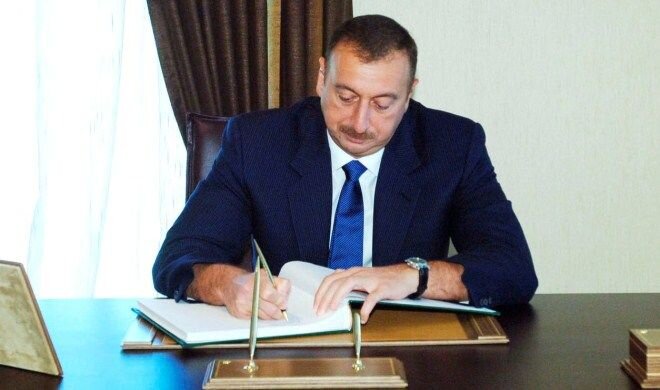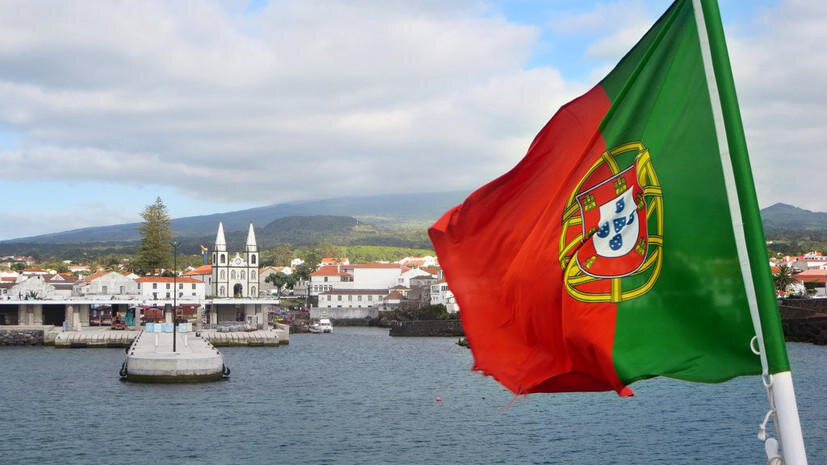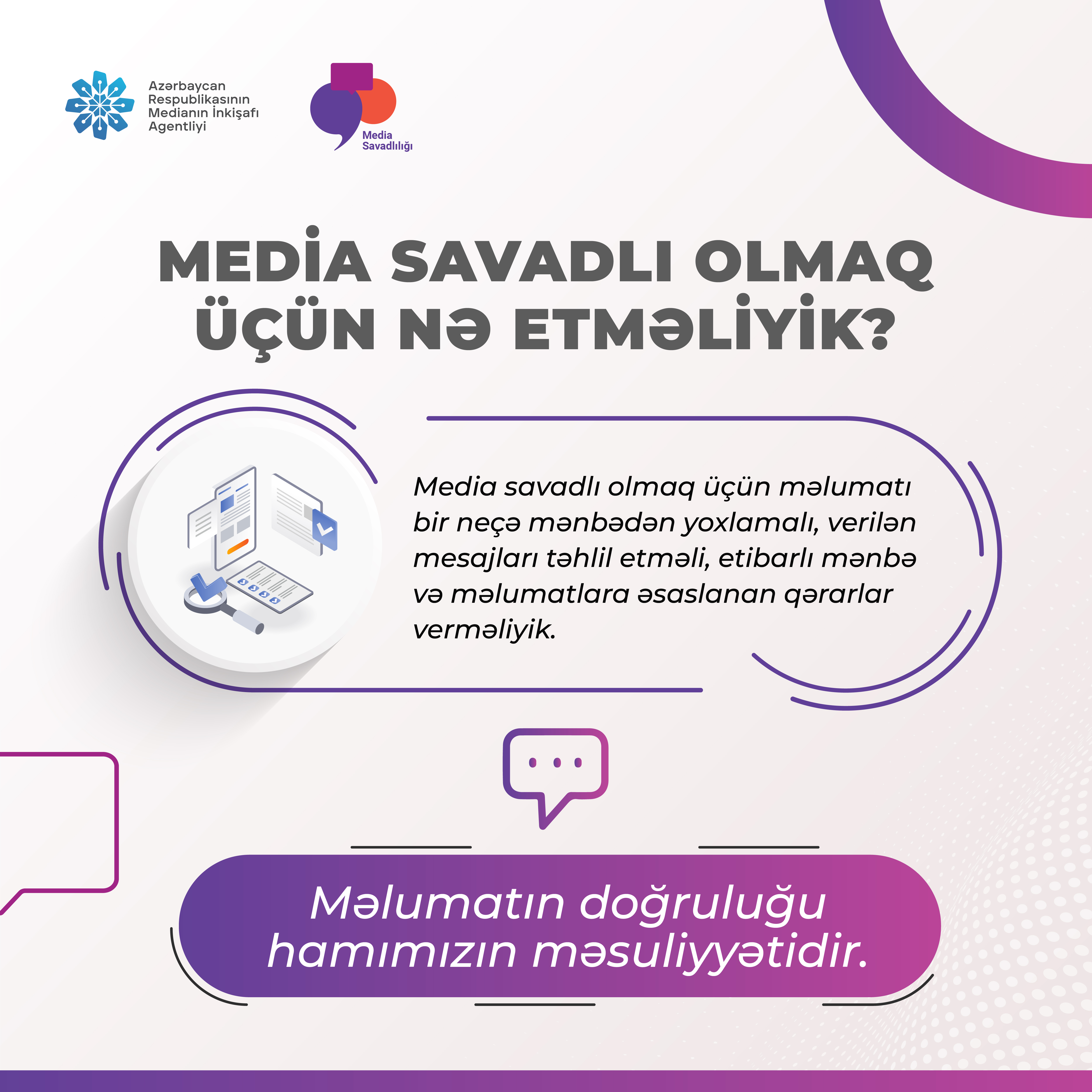Aygun Attar on Yekaterinburg incident: Perpetrated by the Russian state
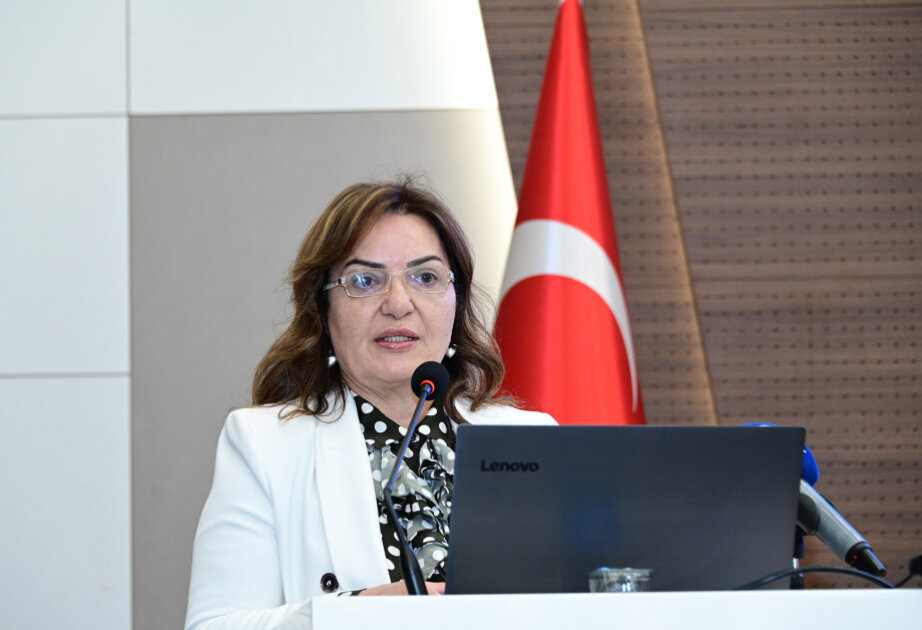 “The incident in Yekaterinburg, carried out by Russian riot police, reminds me of the elimination of our intellectuals under the guise of ‘pan-Turkism’ and ‘pan-Islamism,’ whose fates remain unknown. We have witnessed the painful events we once read about in documents come to life. I condemn these crimes against not only our compatriots but also Uzbeks, Kazakhs, Kyrgyz, and the broader Turkic nation, as well as those behind them. Russia today seeks to perpetuate the Soviet policy once known as the ‘prison of peoples,’” said Professor Aygun Attar, head of the Türkiye-Azerbaijan Solidarity Foundation, in a statement to 1news.media
“The incident in Yekaterinburg, carried out by Russian riot police, reminds me of the elimination of our intellectuals under the guise of ‘pan-Turkism’ and ‘pan-Islamism,’ whose fates remain unknown. We have witnessed the painful events we once read about in documents come to life. I condemn these crimes against not only our compatriots but also Uzbeks, Kazakhs, Kyrgyz, and the broader Turkic nation, as well as those behind them. Russia today seeks to perpetuate the Soviet policy once known as the ‘prison of peoples,’” said Professor Aygun Attar, head of the Türkiye-Azerbaijan Solidarity Foundation, in a statement to 1news.media
Expressing condolences for the Azerbaijanis brutally killed by Russian security forces in their homes on June 27 and wishing recovery for those gravely injured, Professor Attar continued: “This incident, perpetrated by the state, reminiscent of Stalin’s era, and lacking any legal basis, cannot be justified from any perspective. These are not random events. Russia’s actions and rhetoric are completely contradictory. Putin recently thanked Azerbaijan for facilitating the safe passage of its citizens through Azerbaijan during events in Iran, a gesture still fresh in memory. As someone born and raised during the Soviet era, I am well aware of Russia’s and Putin’s policies. Without state approval, the riot police, known as OMON, could not have carried out such actions.”
Attar emphasized that the incident is not isolated: “Looking at the sequence of events, first, a crime was committed against an Azerbaijani plane, labeled an ‘accident.’ President Ilham Aliyev openly demanded punishment for those responsible and an official apology from Russia, but the issue was sidestepped with various excuses. Months ago, Azerbaijan’s information resources faced provocations and cyberattacks, which went unpunished. It was proven that the ‘Russian House’ in Azerbaijan operated as an arm of Russia’s intelligence service. A Russian official promised action, but no follow-through occurred. Another incident involved the denial of entry to Azerbaijan’s MP Azer Badamov at an event in Astrakhan. The latest incident occurred against this backdrop. Today, Azerbaijani businesspeople, who form the backbone of Russia’s economy according to official figures, operate there with trust. Over three million Azerbaijanis live in Russia. The provocative role of the Russian Orthodox Church in these and similar incidents must be highlighted.”
Attar noted that Russia’s brutal policy toward Ukraine, a fellow Slavic nation it considers a brother, makes these events unsurprising: “Russia seeks to continue the crimes committed against families of nations whose independence was stripped during the Soviet era. But this is no longer feasible. We see the state to which chauvinism has brought Russia and its leadership. In my view, this is a continuation of a ‘dark’ conscience—yes, the dark conscience that turned January into ‘Black January’ for Azerbaijanis. Twenty-five years ago, Russian troops entered Baku’s center, running over Azerbaijanis fighting for national independence with tanks. Witnesses to this are still alive. We must not forget those behind the Khojaly genocide. What we are witnessing today is a continuation of Soviet ideology. Wherever you look, Russia’s ruthless stance toward Turkic-speaking states under Soviet rule is evident. We must not forget the Crimean Tatars, Western Azerbaijanis, and Chechens subjected to ethnic cleansing, forcibly deported from their homelands overnight with unimaginable tortures. When we look at the issue from a broader perspective, as even Russian scholars acknowledge today, wherever you look in Russia, you encounter Turkic culture. Yet, Russia has usurped the independence of numerous Turkic peoples under the guise of autonomy.”
Professor Attar added: “We are waiting to see what justification Russia will offer. We cannot overlook the Russian community in Azerbaijan, and I expect them to condemn this incident. Azerbaijan is a multinational, tolerant country where representatives of various peoples live comfortably and prosperously. Our country’s inclusive policy is a global example. As a representative of such a nation, I view the Yekaterinburg incident, perpetrated by Russian OMON, not as a legal issue but as a crime against humanity.”

